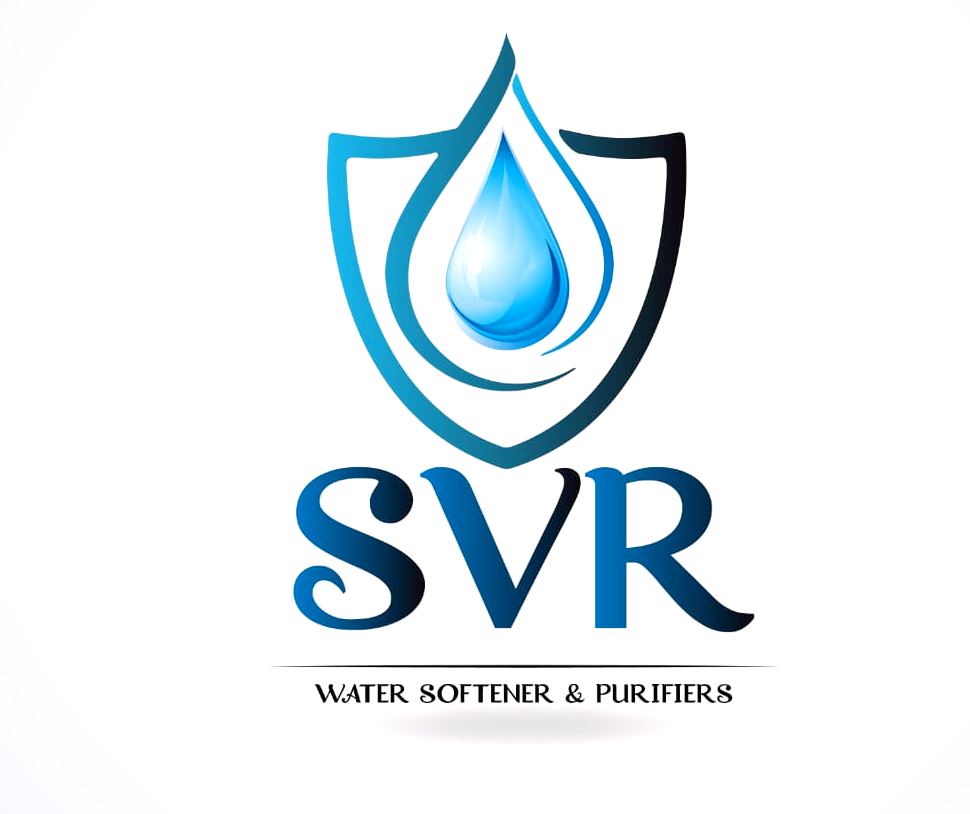Need Of Clean Water.
Contaminated water and poor sanitation are linked to transmission of diseases such as cholera, diarrhoea, dysentery, hepatitis A, typhoid and polio. Absent, inadequate, or inappropriately managed water and sanitation services expose individuals to preventable health risks. This is particularly the case in health care facilities where both patients and staff are placed at additional risk of infection and disease when water, sanitation and hygiene services are lacking. Globally, 15% of patients develop an infection during a hospital stay, with the proportion much greater in low-income countries.
Inadequate management of urban, industrial and agricultural wastewater means the drinking-water of hundreds of millions of people is dangerously contaminated or chemically polluted. Natural presence of chemicals, particularly in groundwater, can also be of health significance, including arsenic and fluoride, while other chemicals, such as lead, may be elevated in drinking-water as a result of leaching from water supply components in contact with drinking-water.
Some 829 000 people are estimated to die each year from diarrhoea as a result of unsafe drinking-water, sanitation and hand hygiene. Yet diarrhoea is largely preventable, and the deaths of 297 000 children aged under 5 years could be avoided each year if these risk factors were addressed. Where water is not readily available, people may decide handwashing is not a priority, thereby adding to the likelihood of diarrhoea and other diseases.
Diarrhoea is the most widely known disease linked to contaminated food and water but there are other hazards. In 2017, over 220 million people required preventative treatment for schistosomiasis – an acute and chronic disease caused by parasitic worms contracted through exposure to infested water.
Thousands have lived without love, not one without water
Suresh Mishra.– Director Business Development





Phasellus vitae imperdiet felis. Nam non condimentum erat. Lorem ipsum dolor sit amet, consectetur adipiscing elit. Nulla tortor arcu, consectetur eleifend commodo at, consectetur eu justo. Sed viverra consectetur risus nec ultricies.
Phasellus vitae imperdiet felis. Nam non condimentum erat. Lorem ipsum dolor sit amet, consectetur adipiscing elit. Nulla tortor arcu, consectetur eleifend commodo at, consectetur eu justo. Sed viverra consectetur risus nec ultricies.
Lorem ipsum dolor sit amet, consectetur adipiscing elit. Nulla tortor arcu, consectetur eleifend commodo at, consectetur eu justo. Sed viverra consectetur risus nec ultricies.